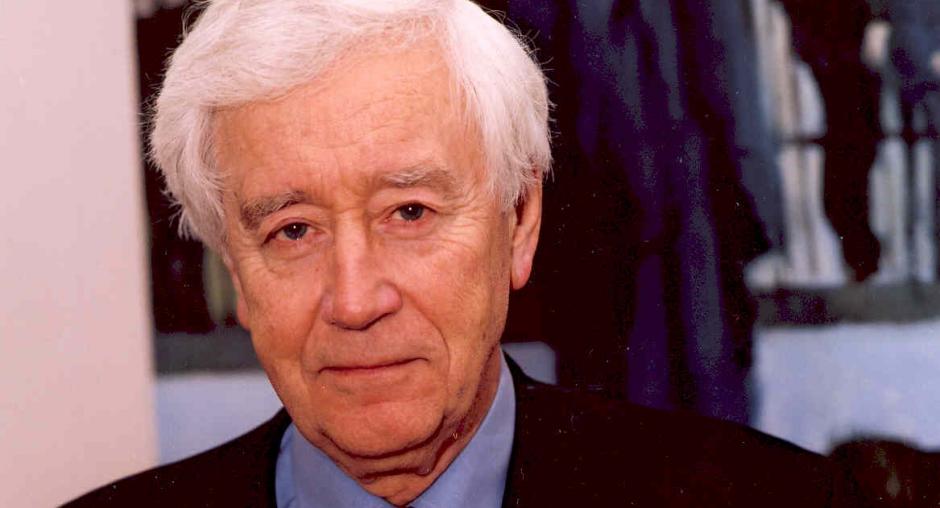Newsroom
New Georgian leadership welcomes activities of OSCE High Commissioner on National Minorities
TBLISI 3 March 2004

Rolf Ekeus, a Swedish diplomat, has been the OSCE's High Commissioner on National Minorities since July 2001. (OSCE) Photo details
TBLISI, 3 March 2004 - OSCE High Commissioner on National Minorities, Rolf Ekeus, who is in the middle of a three-day visit to Georgia, has been meeting the country's new leadership as well as representatives of the country's minority communities.
During his talks with Prime Minister Zurab Zhvania, Foreign Minister Tedo Japaridze, and Parliamentary Speaker Nino Burjanadze, the High Commissioner discussed the situation of minorities in the country, including issues related to education, language use and political participation.
"In multi-ethnic societies, policies should be oriented towards integration rather than towards assimilation or separation of different ethnic groups", Mr. Ekeus said.
The High Commissioner's activities in Georgia, in particular a Conflict Prevention and Civil Integration Programme implemented in the Samtskhe-Javakheti region, were welcomed by the new Georgian Leadership. This programme aims to support better integration of the region and its population into Georgian society and has the strong support of the Government.
He was invited by the Parliamentary Speaker and the Education Minister, Alexander Lomaia, to suggest new projects for co-operation in order to promote national integration.
His visit, which lasted from 2 to 4 March, also involved meetings with other members of the Government and Parliament.
On the forthcoming parliamentary elections, due to be monitored by the OSCE on 28 March, the High Commissioner stressed: "A key element for integration in multi-ethnic States, is the effective participation of minorities in free and fair elections.
"In a greater Europe we all tend to belong to one or another minority. It is therefore important the we stimulate the dialogue between the authorities and different ethnic groups to avoid inter-ethnic tensions", he added.
The High Commissioner welcomed the willingness of the Government to develop a Social Integration Programme for the country and pledged his support to it. He also emphasized the need for the ratification of the Council of Europe's Framework Convention on National Minorities.
During his talks with Prime Minister Zurab Zhvania, Foreign Minister Tedo Japaridze, and Parliamentary Speaker Nino Burjanadze, the High Commissioner discussed the situation of minorities in the country, including issues related to education, language use and political participation.
"In multi-ethnic societies, policies should be oriented towards integration rather than towards assimilation or separation of different ethnic groups", Mr. Ekeus said.
The High Commissioner's activities in Georgia, in particular a Conflict Prevention and Civil Integration Programme implemented in the Samtskhe-Javakheti region, were welcomed by the new Georgian Leadership. This programme aims to support better integration of the region and its population into Georgian society and has the strong support of the Government.
He was invited by the Parliamentary Speaker and the Education Minister, Alexander Lomaia, to suggest new projects for co-operation in order to promote national integration.
His visit, which lasted from 2 to 4 March, also involved meetings with other members of the Government and Parliament.
On the forthcoming parliamentary elections, due to be monitored by the OSCE on 28 March, the High Commissioner stressed: "A key element for integration in multi-ethnic States, is the effective participation of minorities in free and fair elections.
"In a greater Europe we all tend to belong to one or another minority. It is therefore important the we stimulate the dialogue between the authorities and different ethnic groups to avoid inter-ethnic tensions", he added.
The High Commissioner welcomed the willingness of the Government to develop a Social Integration Programme for the country and pledged his support to it. He also emphasized the need for the ratification of the Council of Europe's Framework Convention on National Minorities.
